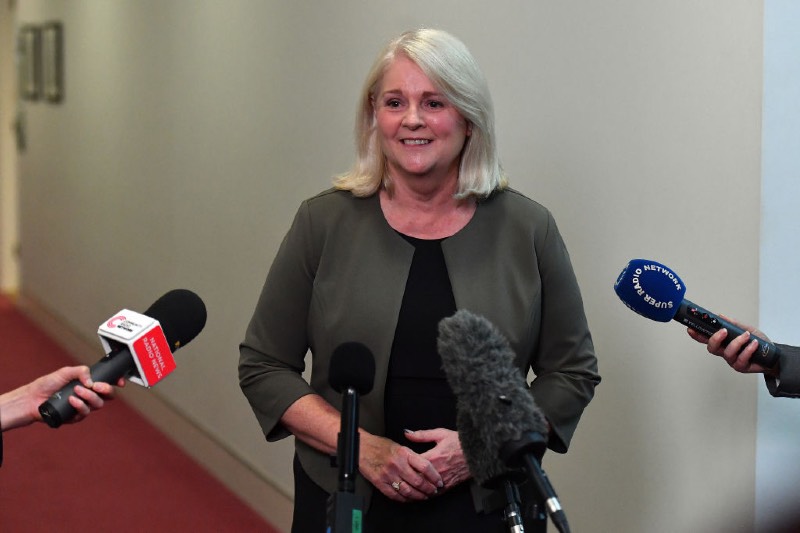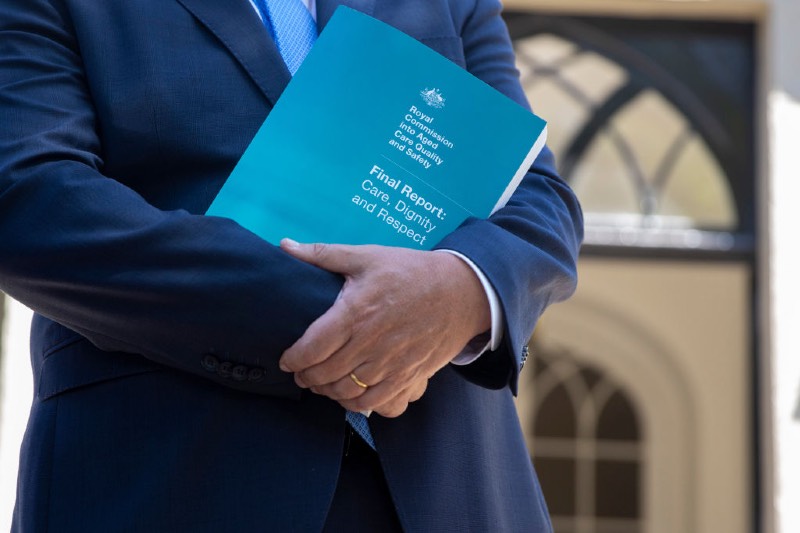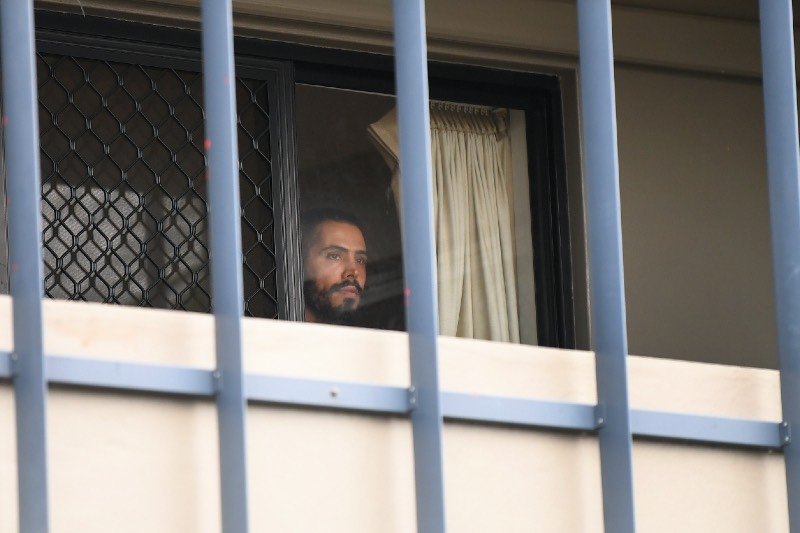Keywords: Concern Australia
There are more than 200 results, only the first 200 are displayed here.
-

AUSTRALIA
The debate about the future of work, and therefore UBI, was hijacked by a reductive media narrative around ‘the robot question’ and this has made it hard to recognise the complex nature of the changes underway.
READ MORE 
-

AUSTRALIA
- Dustin Halse
- 27 April 2021
9 Comments
Behind the slick advertising and high-tech veneer of on demand apps and services lies a bleak, hazardous and often dangerous reality: tens of thousands of people are working at the fringe of the labour market as delivery riders and personal chauffeurs. When you remove all the tech, the sizzle and pop, it’s little more than modern day iteration of old-school precarious piece work arrangements.
READ MORE 
-

AUSTRALIA
- Claire Victory
- 08 April 2021
8 Comments
The treatment of refugees and people seeking asylum calls for a determined response on the back of years of poor public policy that has led to the misery of thousands and cost Australian taxpayers billions. I stand to support the Minister in the early days of her new role to make compassionate and sensible decisions, to find a different path for the resolution of the challenges she faces.
READ MORE 
-

AUSTRALIA
- Ursula Stephens
- 01 April 2021
1 Comment
At the beginning of the Covid-19 pandemic, the government reassured Australia ‘We’re all in this together’ but the truth is that the end of JobKeeper and the Coronavirus supplement payments will leave more than 2.6 million people in poverty.
READ MORE 
-

AUSTRALIA
Right now, there is a fight on for the future of the NDIS. On one side is the Federal Government, determined to have total control over the Scheme, and to change its very fundamentals. On the other side are disabled people across Australia, disability advocacy organisations, allied health workers and disability service providers, urgently telling them to stop.
READ MORE 
-

AUSTRALIA
- Jenneke Foottit and Sue Gledhill
- 11 March 2021
2 Comments
The recently released report of the Royal Commission into Aged Care does not hold back in describing a situation that should be abhorrent to us all. As the report notes, ‘substandard care and abuse pervades the Australian aged care system’.
READ MORE 
-

AUSTRALIA
- Andrew Hamilton
- 04 March 2021
18 Comments
Any government decision can cause hurt to some groups in society. There is a difference, however, between decisions that are only painful and those that are vindictive. The former may be regretted, but vindictiveness implies a satisfaction in causing pain that does not arise out of need. The reason for it must be sought in the minds and hearts and culture of those who devise the policies.
READ MORE 
-

EDUCATION
- Chris Middleton
- 02 March 2021
28 Comments
We need to encourage parents to have these conversations with their children, and earlier, around Years 8 and 9, rather than later. And I suspect we need to encourage boys to talk more with sisters, girlfriends, friends who are girls and good mates about consent.
READ MORE 
-

AUSTRALIA
- Nicola Heath
- 23 February 2021
3 Comments
For those of us who already regularly shopped, banked, studied and worked via the Internet, it was easy to adapt to telehealth appointments with doctors and video calls with friends and family. Of course, these activities require access to the Internet — something 2.5 million Australians are without. A further 4 million access the Internet solely using a mobile connection. For these citizens, the pandemic exacerbated the existing digital divide.
READ MORE 
-

FAITH DOING JUSTICE
- Anthony Albanese
- 23 February 2021
17 Comments
What we have is a rare opportunity — in all likelihood a once-in-a-lifetime chance — to shape the future and emerge from the pandemic as a better, fairer nation.
READ MORE 
-

RELIGION
- Justin Glyn
- 02 December 2020
10 Comments
3 December has a couple of interesting resonances for this blind Jesuit. It is the feast day of St Francis Xavier — Jesuit missionary extraordinaire. It is also the International Day of Persons with a Disability. It seems to me that the two anniversaries have more than a little in common — both in what they tell us about the limits and the promise of human life in the image of God.
READ MORE 
-

AUSTRALIA
- Binoy Kampmark
- 24 November 2020
21 Comments
The discussion in Australia as to how such atrocities are to be approached is telling. The call for responsibility has varied by degrees. Most tend to some variant of the rotten apple theory: a few particularly fruits that may be isolated and extruded from the barrel. Culpability can thereby be confined, preserving the integrity of other military personnel and, importantly, political decision makers.
READ MORE 